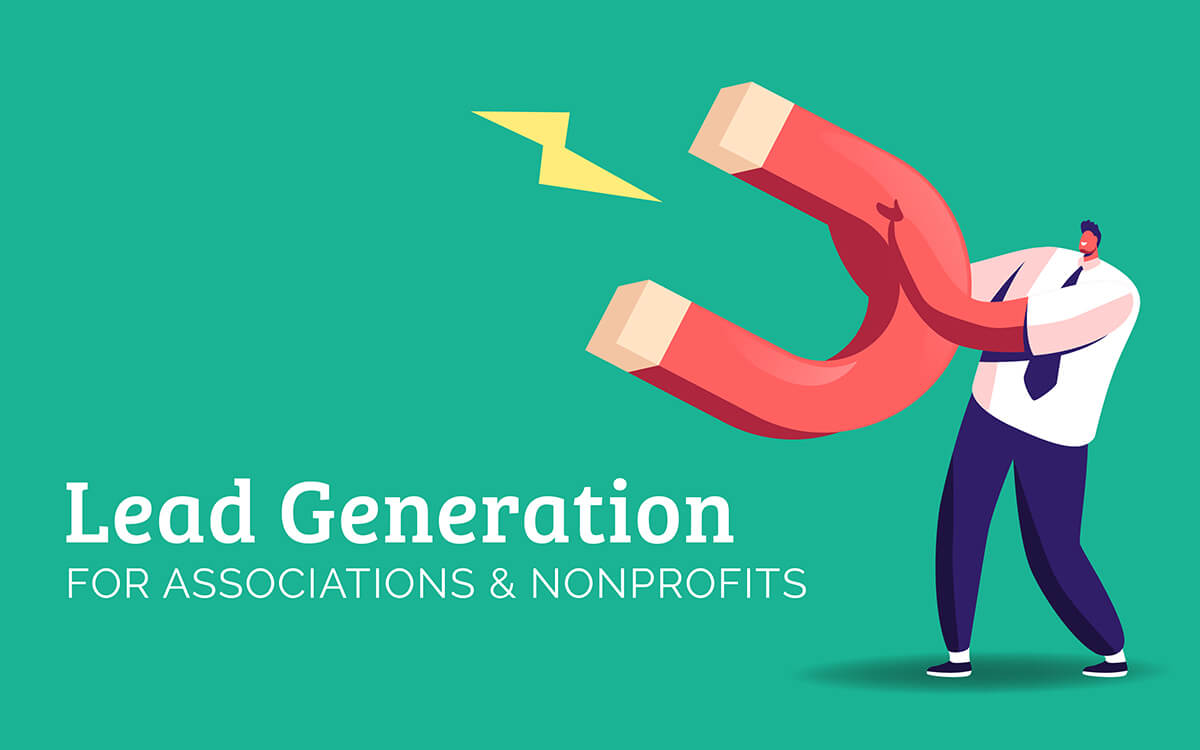
The Shocking Truth Why Many Non-Profits Fail in India due to Poor Lead-Gen
Non-governmental organizations (NGOs) play a crucial role in addressing critical social and environmental issues in India. However, their ability to achieve their missions is often dependent on their ability to attract and engage potential supporters, including donors, volunteers, and advocates. Lead generation, the process of acquiring contact information from potential supporters, is essential for Indian NGOs to expand their reach, build relationships, and ultimately, make a positive impact.
According to the latest data from the Ministry of Corporate Affairs (MCA), an average of 2,100 non-profit organizations (NPOs) are registered per day in India. This represents a significant increase from just a few years ago, when the average daily registration rate was around 1,500.
The increase in NGO registrations has led to increased competition for funding, volunteers, and other resources. This competition can be challenging for NGOs, but it can also push them to be more innovative and effective in their work.
The competitive landscape for NGOs in India:
- There are over 3.3 million registered NGOs in India.
- The average NGO in India has an annual budget of less than Rs 10 lakh (US$14,000).
- Only 10% of Indian NGOs receive funding from foreign donors.
The Impact of Ineffective Lead Generation for Indian NGOs
Ineffective lead generation have significant consequences for Indian NGOs and Non-profit organizations. Without a steady pipeline of potential supporters, Indian NGOs struggle to raise funds, recruit volunteers, and build awareness of their causes. This hinders their ability to deliver their programs, services, and advocacy efforts.
The Need for Effective Lead Generation for Indian NGOs
- The average Indian NGO relies on individual donors for 80% of its funding.
- Only 10% of Indians donate to charity regularly.
- The number of volunteers in India has declined by 20% since 2010.
- 65% of donors say they are more likely to give to an organization they follow on social media.
Strategies for Success:
Effective lead generation is the backbone of any successful NGO. It helps Non-profit organizations to:
- Expand their reach and connect with a wider audience: By generating a steady stream of leads, NGOs can broaden their network of potential supporters, increasing their visibility and awareness among the public.
- Identify potential donors and supporters: Lead generation helps NGOs identify individuals who are passionate about their cause and willing to contribute financially or through volunteerism.
- Recruit volunteers and build a strong support base: A strong pipeline of leads allows NGOs to attract dedicated volunteers who can contribute their skills, time, and expertise to support their missions.
- Increase awareness about their cause and mission: By engaging with potential leads, NGOs can educate the public about their cause, raise awareness about critical issues, and inspire action.
- Drive fundraising and achieve their goals: Ultimately, effective lead generation leads to a stronger base of supporters, which in turn translates to increased fundraising success and the ability to achieve organizational goals.
Unleashing the Power of Lead Generation Strategies
To generate a tsunami of new leads, NGOs need to adopt a strategic approach and implement proven lead generation techniques. Here are some key considerations:
Define Your Target Audience: Clearly identify the demographics, interests, and motivations of your ideal leads. This will guide your lead generation efforts and ensure you are targeting the right individuals.
Craft Compelling Lead Magnets: Offer valuable and enticing incentives to encourage individuals to provide their contact information. These lead magnets could include e-books, webinars, reports, or exclusive content related to your NGO’s cause.
Leverage the Power of Social Media: Utilize social media platforms to connect with potential leads, share engaging content, and promote your lead magnets. Run targeted social media campaigns to reach a broader audience and drive traffic to your landing pages.
Utilize latest Search Engine Optimization (SEO): Optimize your website and content for search engines to improve visibility and attract organic traffic from potential leads searching for information related to your cause.
Engage in Email Marketing: Build an email list and engage with your subscribers through regular newsletters, updates, and personalized messages. Nurture relationships with your leads and convert them into supporters.
Explore Paid Advertising: Utilize paid advertising platforms like Google Ads and social media advertising to reach a wider audience and target specific demographics.
Embrace Content Marketing: Create high-quality, informative, and engaging content that resonates with your target audience. Share your content on your website, social media, and other channels to attract leads and establish your NGO as a thought leader.
Attend Industry Events and Conferences: Participate in relevant industry events and conferences to network with potential partners, donors, and volunteers. Engage with attendees, share your organization’s story, and gather leads.
Partner with Other Organizations: Collaborate with complementary organizations to expand your reach and access new audiences. Cross-promote each other’s work and share lead lists to generate more leads.
Lead Generation Tools for NGOs
- Customer Relationship Management (CRM) Software: CRM software helps manage and track leads, nurture relationships, and measure the effectiveness of lead generation campaigns.
- Landing Page Builders: Landing page builders allow NGOs to create targeted and engaging landing pages to capture leads.
- Email Marketing Cadence Systems: Email marketing platforms enable NGOs to manage email lists, create personalized email campaigns, and track campaign performance.
- Social Media Management Tools: Social media management tools assist NGOs in scheduling and managing social media posts, analyzing social media performance, and engaging with followers.



